Does the art equal the artist? by Eri S
A short commentary on whether or not we can separate the art from the artist.
Lana Del Rey. Tupac. Chris Brown. P. Diddy. Lizzo. Lauryn Hill.
All of them can be connected by two things: some type of controversy and their influence in the music industry. Many believe they have changed the industry in significant ways. This raises the question: does their controversy as individuals suddenly render their music and contributions redundant? Separating art from the artist is a nuanced ethical debate that challenges our perspectives on morality, personal accountability, and cultural consumption. Trying to figure the answer to this question is unfortunately not as simple as we’d hope.
Let’s consider the concept of “the death of the author.” To define it simply, this literary theory suggests that an author doesn’t have a role in deciding how readers interpret their text. This theory can also apply to music, so let’s call it “the death of the artist.” Once created, music takes on a life of its own, influencing and connecting with audiences in ways the creator may not have anticipated. For example, I was discussing this with Mr. Gurur, and he gave a great example: Never Gonna Give You Up by Rick Astley. While the song is an upbeat love ballad, most people today associate it with the internet trend of being “Rickrolled.” The song’s meaning, in this case, has evolved beyond the artist’s original intent.
William Blake?
Closer to home, in RHS, we often sing the hymn Jerusalem in chapel. This song has sparked its own controversies, with some churches refusing to sing it. A compelling observation about the hymn is that “it has been characterized as the only hymn in the book consisting of questions, the answer to all of which is ‘no.’ And did those feet…? No, they did not” (LittleHobb, 2020). Critics argue it is overly nationalistic, and some churches believe it isn’t truly about God. Moreover, William Blake, its lyricist, had his share of controversies, such as punching a soldier and declaring, “Damn the King. “Many may frown on what could be inferred as his anti-monarchy stance. If we use the logic that Despite it’s recognition as a good hymn and the “unofficial English anthem”, many churches have decided to remove it but dismissing valuable art due to moral failings of its creator or negative interpretations may mean depriving society of meaningful expressions and experiences. (And it would mean we wouldn’t sing it in Congo anymore.)
The counterargument is equally compelling: artists are inseparable from the context of their actions. Supporting their work—financially, culturally, or through continued celebration—may inadvertently validate their harmful behaviour. For example, if I listen to Chris Brown, am I embracing his blatant misogynoir (prejudice against dark-skinned women)? If I continue to listen to Diddy’s music am I basically ignoring his countless victims? Endorsing the art of individuals with a history of abuse or bigotry can send a troubling message to survivors and marginalized groups and suggest to them that their voices and experiences don’t matter.
This dilemma intensifies when an artist’s misconduct directly undermines the values their work promotes. Take Lizzo, for example. Her music advocates self-love and body positivity, but she has been accused of body-shaming her plus-sized dancers and engaging in coercion. How can fans reconcile this with her empowering music? When an artist’s personal ethics are so entwined with their art, how can we separate one from the other? Can we appreciate a painting by someone whose values fundamentally oppose the principles their art seeks to uphold? Should we?
Personally, I believe the art is also the artist. I struggle to listen to the music of individuals guilty of horrific crimes. I’ve removed Lizzo’s songs from my self-care playlist, and I grimace when a Chris Brown track starts playing. It feels like I’m invalidating their victims by enjoying their work. At the same time, I wonder: who am I to act as judge and jury for situations I was not directly involved in?
This ongoing debate reflects the complexity of human morality and how art and life are intertwined. Neither side is completely wrong, and it ultimately falls to the listener to decide. Still, it’s an interesting topic to consider and discuss.
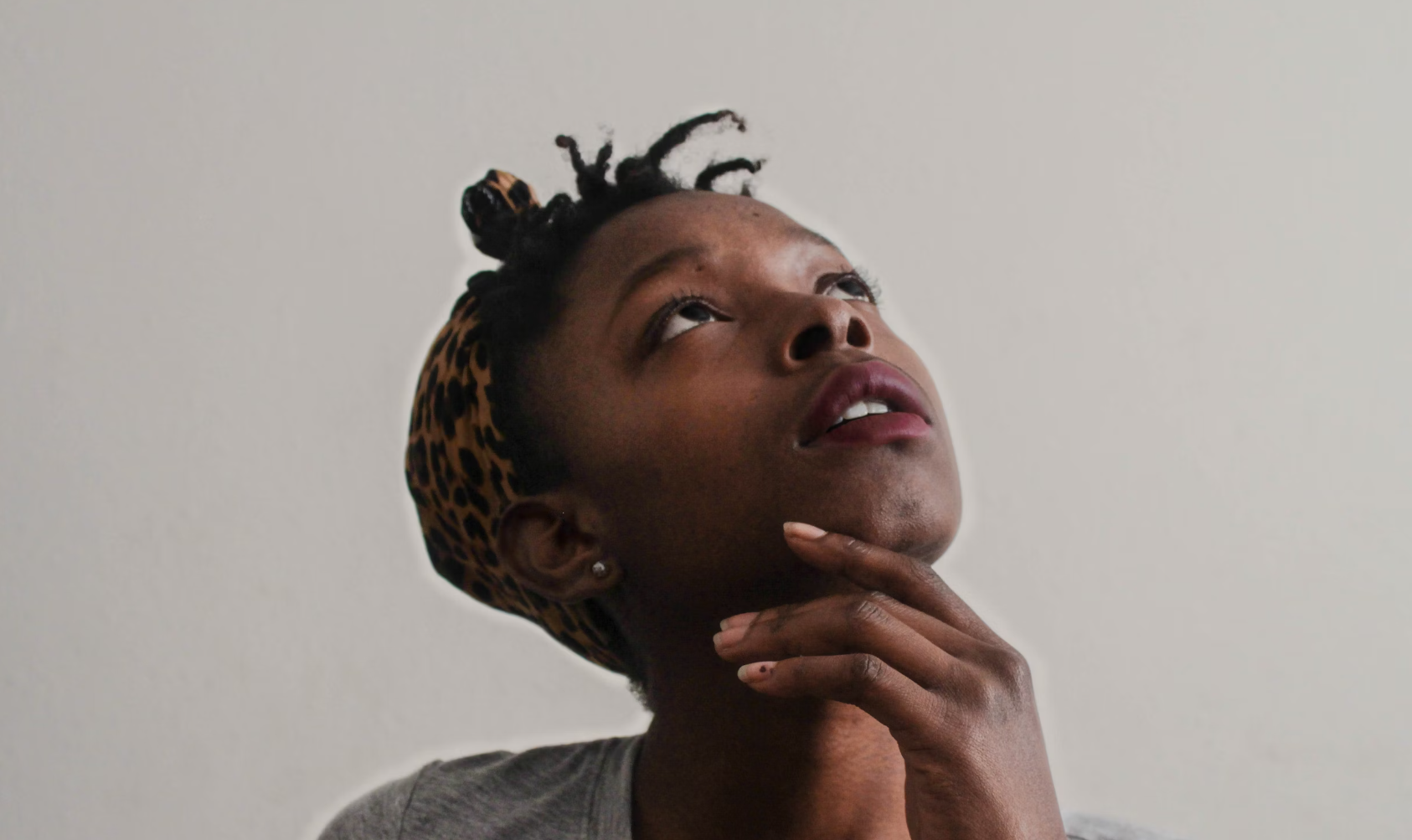



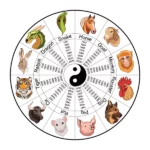
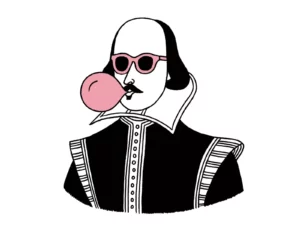


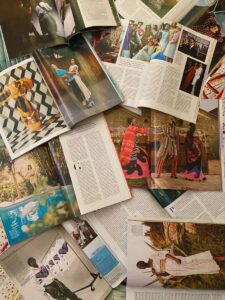

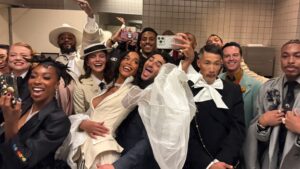
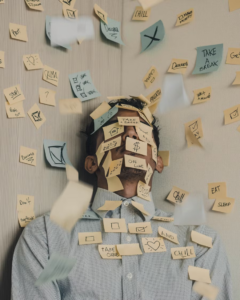



Post Comment
You must be logged in to post a comment.